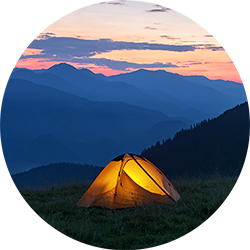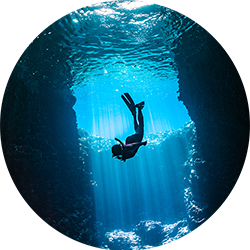Do I really need to train for the Everest Base Camp Trek?” or “How do I train for the Everest Base Camp Trek?” These are the seemingly common questions that arise in every person’s mind who wants to or is planning to trek to the Everest Base Camp.
It is understandable that a 130 Km long trek can be a little daunting, but preparing for it will only be beneficial for you to finish this spectacular trek with less struggle. You don’t have to get scared of it. Trust us, Everest Base Camp Trek is very much achievable by people of all shapes, size and a decent fitness level.

Bigger Group? Get special offers upto 50% off!
We create unforgettable adventures, customised for your group.



